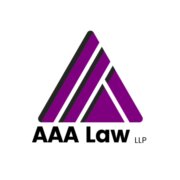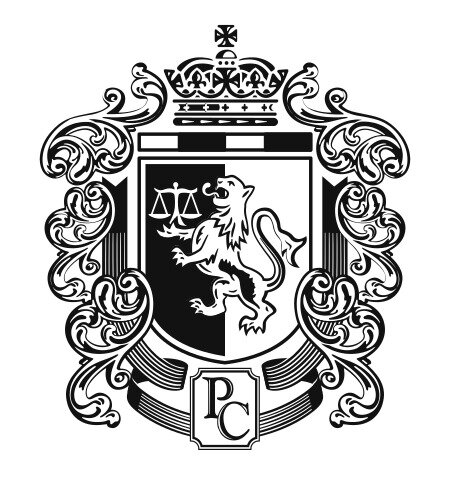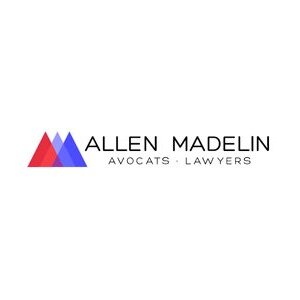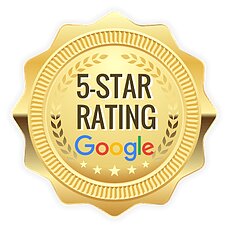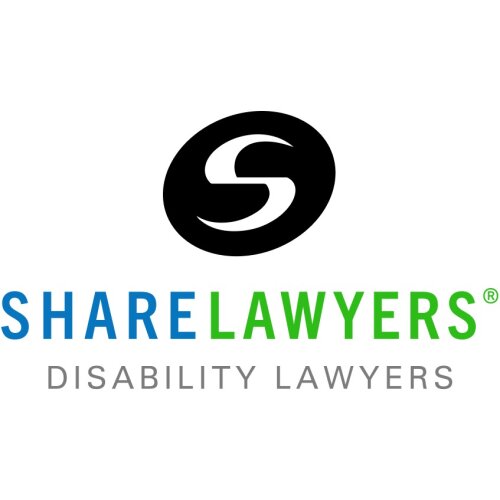Best Disability Lawyers in Canada
Share your needs with us, get contacted by law firms.
Free. Takes 2 min.
Or refine your search by selecting a city:
List of the best lawyers in Canada
About Disability Law in Canada
Disability law in Canada encompasses a range of legal issues and protections for individuals with disabilities. The primary focus is to prevent discrimination and ensure equal opportunities in areas such as employment, public services, education, and accessibility. Canadian disability law is influenced by federal legislation, such as the Canadian Human Rights Act and the Accessible Canada Act, as well as provincial and territorial laws that complement federal provisions to protect the rights of individuals with disabilities across the country.
Why You May Need a Lawyer
Legal assistance in the field of disability may be required for several reasons. You might need a lawyer if you're facing discrimination in the workplace or need help accessing government programs and benefits for which you're eligible. Legal representation may also be essential if you're dealing with issues related to accessibility in housing, transportation, or public services, or if you're navigating the complexities of insurance claims related to a disability. Having a lawyer can help ensure that your rights are fully protected and that you receive fair treatment under the law.
Local Laws Overview
In Canada, both federal and provincial/territorial laws address disability rights. Key federal statutes include the Canadian Human Rights Act, which prohibits discrimination, and the Accessible Canada Act, which aims to make Canada barrier-free by setting accessibility standards. Provincial laws, such as the Ontario Human Rights Code and the British Columbia Human Rights Code, provide additional protections and cover areas not addressed at the federal level. These laws emphasize reasonable accommodation, meaning employers and service providers must modify policies or environments to meet the needs of individuals with disabilities unless doing so causes undue hardship.
Frequently Asked Questions
What constitutes a disability in Canada?
Disability is broadly defined and includes physical, mental, sensory, and developmental conditions that impair a person's ability to participate fully in society.
What is the duty to accommodate?
The duty to accommodate requires employers and service providers to adjust policies, practices, or facilities to ensure that individuals with disabilities have equal access and opportunity unless it poses an undue burden.
How can I address workplace discrimination?
If you face discrimination at work, you can file a complaint with the human rights commission or tribunal in your province or territory, or seek legal advice to pursue other remedies.
What are my rights in accessing public services?
Individuals with disabilities have the right to access public services without discrimination. This includes education, healthcare, and transportation services, which must be accessible and accommodating.
Can my employer ask about my disability?
Your employer can ask about your disability only to the extent necessary to provide reasonable accommodation. They must respect your privacy and confidentiality.
How do I apply for disability benefits?
To apply for disability benefits, you need to fill out the appropriate forms and provide medical documentation supporting your claim. The requirements vary depending on the specific program, such as the Canada Pension Plan Disability Benefit.
What is the role of the Accessible Canada Act?
The Accessible Canada Act sets a framework to eliminate barriers in federal jurisdiction areas, ensuring accessibility in employment, built environments, information and communication technologies, and more.
How can I ensure my child's educational needs are met?
Ensure your child receives necessary accommodations by working with their school to develop an individualized education plan (IEP) that addresses their specific needs.
What should I do if a service provider is not accessible?
Raise the issue with the service provider, and if the problem remains unresolved, you can file a complaint with the appropriate human rights body or seek legal advice.
What legal resources are available to me?
Legal clinics, advocacy organizations, and human rights commissions offer guidance and may provide free or low-cost legal assistance for disability-related issues.
Additional Resources
For those seeking additional assistance, the following resources may be helpful: the Canadian Human Rights Commission, provincial human rights bodies, the Accessibility Directorate of Ontario, community legal clinics specializing in disability law, and non-profit organizations like the Council of Canadians with Disabilities. These organizations provide valuable information and support for individuals navigating disability-related legal challenges.
Next Steps
If you require legal assistance with a disability issue, start by researching your rights under federal and provincial laws. Consider contacting a legal professional or a specialized community legal clinic for tailored advice. Gather all relevant documentation, such as medical records and correspondence, to support your case. Utilize the resources and organizations listed above to gain further insights and possibly connect with others who have similar experiences. Taking these steps will help you advocate effectively for your rights and navigate the legal system more confidently.
Lawzana helps you find the best lawyers and law firms in Canada through a curated and pre-screened list of qualified legal professionals. Our platform offers rankings and detailed profiles of attorneys and law firms, allowing you to compare based on practice areas, including Disability, experience, and client feedback.
Each profile includes a description of the firm's areas of practice, client reviews, team members and partners, year of establishment, spoken languages, office locations, contact information, social media presence, and any published articles or resources. Most firms on our platform speak English and are experienced in both local and international legal matters.
Get a quote from top-rated law firms in Canada — quickly, securely, and without unnecessary hassle.
Disclaimer:
The information provided on this page is for general informational purposes only and does not constitute legal advice. While we strive to ensure the accuracy and relevance of the content, legal information may change over time, and interpretations of the law can vary. You should always consult with a qualified legal professional for advice specific to your situation.
We disclaim all liability for actions taken or not taken based on the content of this page. If you believe any information is incorrect or outdated, please contact us, and we will review and update it where appropriate.
Browse disability law firms by city in Canada
Refine your search by selecting a city.



